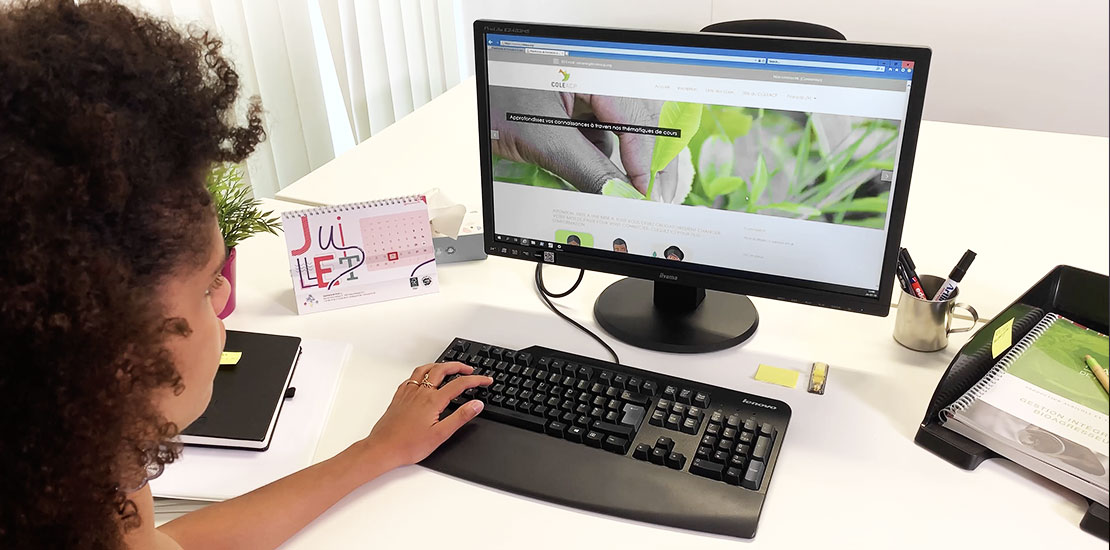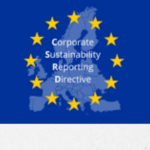Training in the new Rapid SPS Assessment Tool (R-SAT)
- 17/03/2021
- Posted by: Gaetan Dermien
- Category: Africa, Caribbean, News, Pacific

Two online R-SAT training sessions took place in February and early March, each for nine experts – in English for participants from the Caribbean Agricultural Health and Food Safety Agency (CAHFSA), the Dominican Republic, Ghana, Kenya, Nigeria, Uganda and Zimbabwe; and in French for experts from Cameroon, Benin, Burkina Faso, Burundi, Côte d’Ivoire, Guinea, Madagascar, Senegal and Togo. Experts’ feedback will inform the final version of the tool, and the training will be followed by the use of R-SAT in selected pilot countries. At the heart of the R-SAT model is the facilitation of dialogue and engagement between the key stakeholders, both public and private.
R-SAT provides a practical, step-by-step guide to assist ACP countries in their assessment of national SPS systems in order to strengthen them in line with international standards and regulations. The aim is to facilitate the development of a national priority action plan to strengthen SPS systems that is firmly based on a common strategic vision, agreed by all stakeholders.
The COLEACP R-SAT does not replace existing dedicated tools such as the various Food and Agriculture Organization and World Health Organization guidelines to assess national food safety systems; the Phytosanitary Capacity Evaluation (PCE) developed by the International Plant Protection Convention; and the STDF’s Prioritizing SPS Investments for Market Access (P-IMA) framework. Instead, it is designed to be complementary to these tools, enabling a rapid preliminary assessment and generating information that can be fed into these more in-depth evaluations as necessary.
This training is organised by COLEACP under the Fit For Market SPS programme within the Framework of Development Cooperation between the Organisation of African, Caribbean and Pacific States (OACPS) and the European Union.


![EU and GB MRL changes in 2025 (January-March 2025) 9-FFM+-[ENG]](https://news.colead.link/wp-content/uploads/2024/06/9-FFM-ENG-150x150.jpg)

